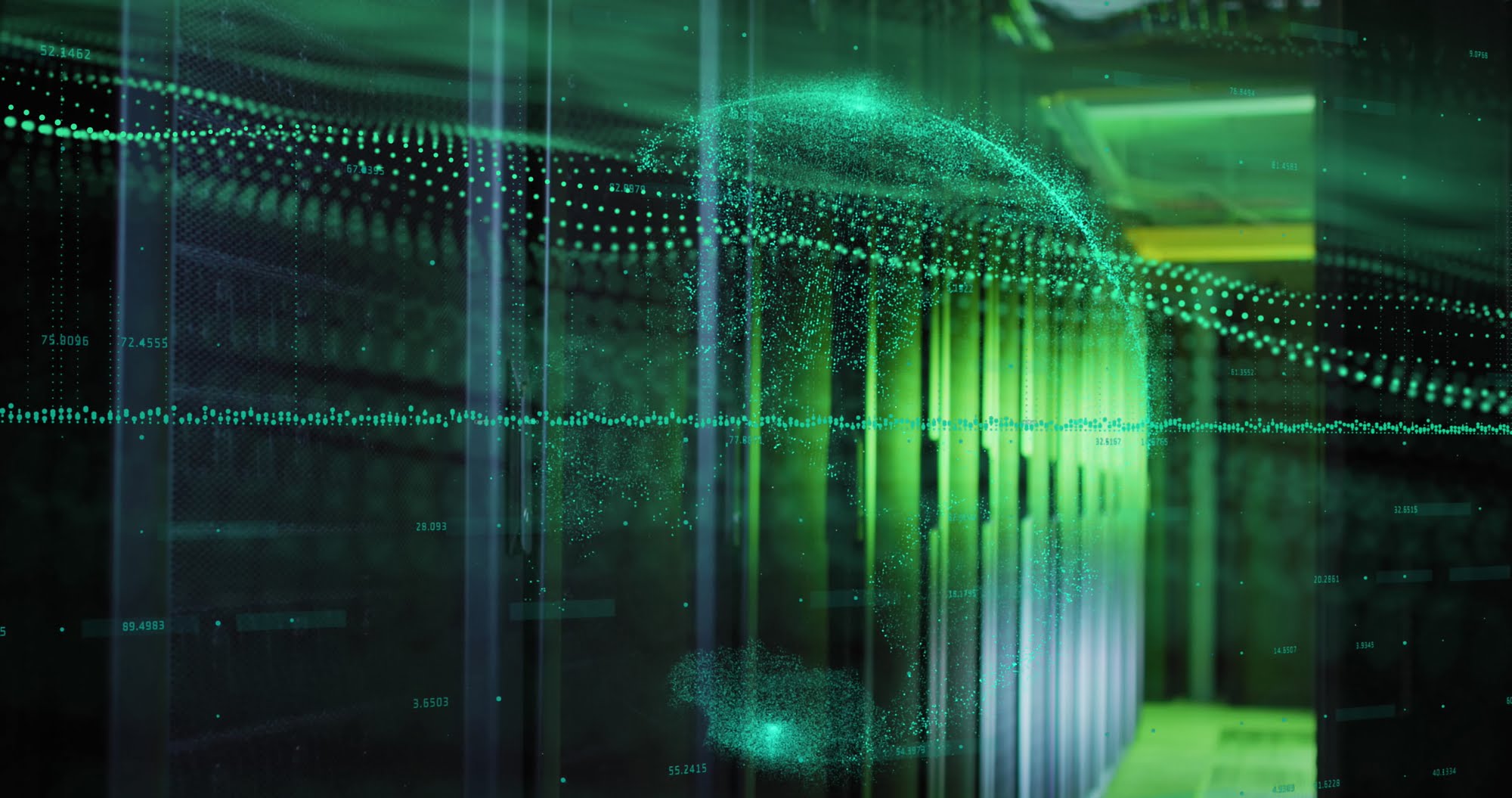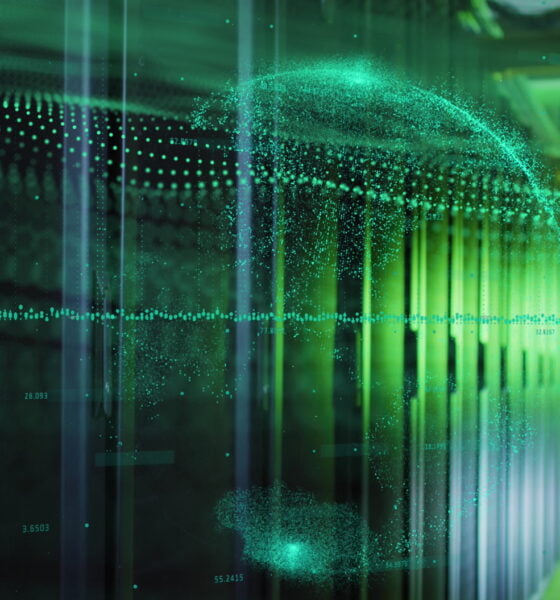

Environment
Dominic Tria Integrates Green Technologies with Traditional Data Centers
More businesses are trying to find new ways to be eco-friendly. This is partially because 78% of consumers state that sustainability is a major factor that they take into consideration.
Companies that use digital technology are among those relying more heavily on green business practices. For example, data centers are finding new ways to be sustainable.
Sustainability is Becoming More Important for Data Centers
As the digital economy expands, the environmental footprint of data centers — which are critical to the infrastructure of virtually every technology-dependent business — has become a pressing concern. Traditional data centers consume a vast amount of electricity, much of it powered by non-renewable resources, leading to significant carbon emissions. However, the integration of green technologies into these facilities is not just an environmental imperative but increasingly a business necessity.
The Need for Green Data Centers
Data centers are pivotal in storing, processing, and distributing the data that drives our digital world, but they are also among the largest consumers of electrical power globally. This substantial energy consumption is primarily due to the need for continuous power for servers and intensive cooling systems to prevent overheating. The environmental impact of this energy consumption has prompted a rethinking of data center management, spearheaded by industry leaders like Dominic Tria, a datacenter operations manager with a robust background in both technology and environmental conservation.
Dominic Tria, who has been at the forefront of sustainable practices in data operations, advocates for the integration of green technologies not only to reduce the ecological footprint but also to enhance operational efficiencies. This shift is supported by advancements in technology and a growing recognition of the cost benefits associated with sustainable practices.
Innovations in Green Technology for Data Centers
Energy Efficiency in Cooling Systems: One of the largest energy drains in a data center comes from its cooling requirements. Traditional cooling methods are being replaced or supplemented with more innovative solutions, such as liquid cooling and outside air cooling, which can significantly reduce energy consumption in data centers. Liquid cooling, for instance, uses the direct contact of a liquid coolant with server components to absorb heat more efficiently than air-based cooling systems.
Renewable Energy Sources: Many data centers are transitioning to renewable energy sources such as solar, wind, and hydroelectric power. This not only helps reduce carbon emissions but can also lead to long-term cost savings. For example, solar panels can be installed on roofs or on nearby land to help power the facility, while wind energy can be harnessed if the data center is located in a region with consistent wind patterns.
Server Virtualization: Virtualization technology allows for fewer physical servers to handle the same amount of work by sharing their resources more efficiently between multiple virtual machines. This not only reduces the energy used by servers but also decreases the need for space and cooling.
Challenges in the Integration Process
While the benefits of integrating green technologies are clear, the process is not without its challenges. Initial setup costs can be high, and there may be logistical complexities involved in retrofitting old systems with new technologies. Furthermore, there is often a need for skills development among staff to manage and maintain new systems effectively.
Despite these challenges, leaders like Dominic Tria understand that the long-term benefits — both environmental and economic — far outweigh the initial hurdles. Tria emphasizes the importance of strategic planning and the gradual integration of green technologies to mitigate risks and ensure a smooth transition.
Case Studies and Success Stories
Many companies have successfully integrated green technologies into their data centers and have seen significant improvements in both performance and sustainability. For instance, a major tech company reported a 50% reduction in energy use after revamping their data centers to incorporate advanced cooling technologies and energy-efficient servers.
Dominic Tria’s own experiences echo these successes. Under his leadership, several data center projects have not only achieved reduced carbon footprints but also enhanced performance metrics, proving that environmental responsibility and business efficiency can go hand in hand.
The Future of Green Data Centers
Looking ahead, the trend towards green data centers is expected to grow, driven by technological advancements, decreasing costs of renewable energy sources, and increasing regulatory pressures to reduce environmental impact. Innovations like AI-driven energy management systems and the development of next-generation cooling technologies are likely to further revolutionize this field.
As more companies recognize the benefits of sustainable practices, leaders like Dominic Tria will continue to play a crucial role in guiding the integration of green technologies into traditional data centers. Their expertise not only in technology management but also in environmental stewardship will be key to shaping a more sustainable and efficient future for the tech industry.
Conclusion
The integration of green technologies into traditional data centers represents a critical advancement in reducing the tech industry’s environmental impact while improving operational efficiency. With pioneers like Dominic Tria leading the way, the path to a more sustainable and responsible digital infrastructure is becoming clearer, setting a standard for future developments in the field. As the world moves closer to a greener future, the role of data centers, once seen as energy behemoths, is progressively evolving towards becoming paragons of sustainability.






























